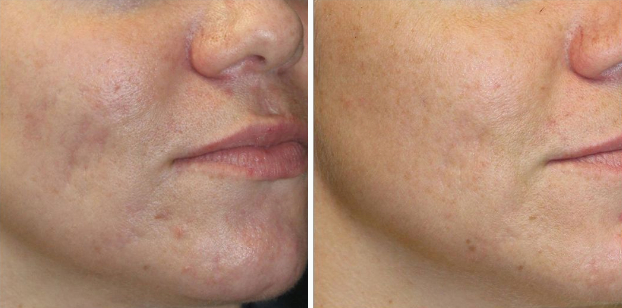High cholesterol levels are a major risk factor for heart disease and stroke. While lifestyle changes like diet and exercise can help lower LDL (low-density lipoprotein) cholesterol, sometimes additional measures are needed. That’s where RX medications like Ezetimibe, Statins, Repatha, and Bempedoic Acid come in. In this guide, we will explore the benefits of these medications for reducing LDL cholesterol, as well as the role of diet and supplements in improving HDL (high-density lipoprotein) cholesterol. We will also discuss the advantages of using Beso Wellness to optimize your cholesterol levels.
Ezetimibe
Ezetimibe is a medication that works by blocking the absorption of cholesterol in the intestines. It is typically used in combination with other cholesterol-lowering medications like statins to further reduce LDL cholesterol levels. Research has shown that Ezetimibe can significantly lower LDL cholesterol levels by up to 20%. It is generally well-tolerated and has few side effects, making it a popular choice for cholesterol management.
Statins
Statins are a class of medications that work by blocking a substance your liver needs to make cholesterol. They are some of the most commonly prescribed medications for high cholesterol and have been shown to significantly reduce the risk of heart disease and stroke. While they can cause side effects like muscle pain and liver damage, these risks are generally low and can be managed under the guidance of a healthcare professional.
Repatha
Repatha is a type of medication that works by blocking a protein called PCSK9, which helps regulate LDL cholesterol levels in the body. It is typically used in combination with statins or other cholesterol-lowering medications for patients who have not achieved their desired LDL cholesterol levels with other treatments. Clinical trials have shown that Repatha can significantly lower LDL cholesterol levels by up to 60%, making it a powerful tool in the fight against heart disease and stroke.
Bempedoic Acid
Bempedoic Acid is a new medication that works by inhibiting cholesterol synthesis in the liver. It is typically used in combination with other cholesterol-lowering medications for patients who have not achieved their desired LDL cholesterol levels with other treatments. Clinical trials have shown that Bempedoic Acid can significantly lower LDL cholesterol levels by up to 18%, making it a promising new option for cholesterol management.
Diet and Supplements for Improving HDL
At Beso Wellness, we have seen tremendous success in helping our patients improve their cholesterol levels through personalized lifestyle changes. Our team of experts works closely with each individual to develop a customized plan that incorporates healthy eating habits, regular physical activity, and targeted supplement recommendations. We have found that a whole-food, plant-based diet can be particularly effective in reducing LDL cholesterol levels, while also providing numerous other health benefits. Additionally, our patients have reported significant improvements in their HDL cholesterol levels after incorporating regular exercise and targeted supplements into their routines. By working with Beso Wellness, you can feel confident that you are receiving expert guidance and support to help you achieve your cholesterol-lowering goals.
Beso Wellness
Beso Wellness is an innovative center committed to optimizing your health and well-being. With personalized coaching and a holistic approach to wellness, Beso Wellness can help you achieve optimal cholesterol levels and reduce your risk of heart disease and stroke. By combining RX meds with diet and lifestyle changes, Beso Wellness provides a comprehensive approach to cholesterol management.
Disclaimer
This article is for informational purposes only and should not be used as a substitute for professional medical advice, diagnosis, or treatment. Always consult with a healthcare professional before starting any new medications or making significant changes to your diet and lifestyle. The information in this article is based on the latest research available at the time of writing, but may not be applicable to every individual. The author and publisher of this article do not assume any liability for any damages or losses that may occur as a result of using the information presented here. Always speak with a healthcare professional before making any changes to your health regimen.
